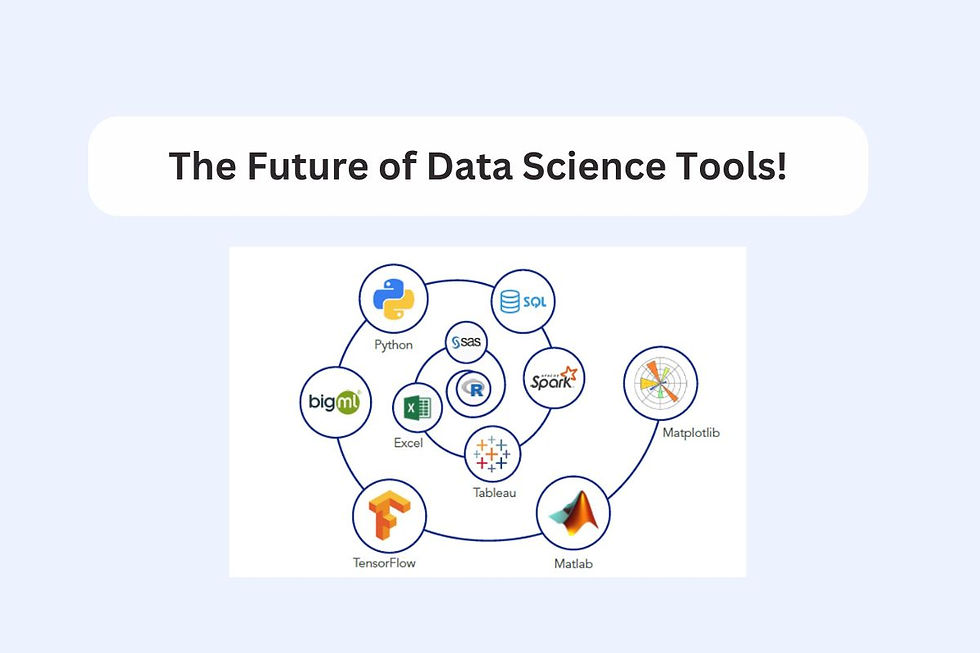Top 7 Open Source Database Management Systems
- archi jain

- Apr 27, 2024
- 2 min read

In today's digital age, managing data efficiently is crucial for businesses and developers alike. Open source database management systems (DBMS) offer cost-effective solutions with robust features. Let's delve into the top 7 open source DBMS options that can empower your projects:
MySQL:
MySQL is one of the most popular open source relational databases. It's renowned for its reliability, scalability, and ease of use. Developed by Oracle Corporation, MySQL is widely used in web applications and supports various platforms. Its compatibility with different programming languages makes it versatile for developers.
PostgreSQL:
PostgreSQL, often referred to as Postgres, is another powerful open source relational database system. It boasts advanced features such as support for complex queries, JSON data types, and full-text search capabilities. Postgres emphasizes extensibility, allowing users to create custom data types, functions, and indexing methods.
SQLite:
SQLite is a lightweight, serverless, self-contained relational database engine. Unlike MySQL and PostgreSQL, SQLite doesn't require a separate server process. It's embedded directly into the application, making it ideal for mobile apps, IoT devices, and small-scale projects. Despite its simplicity, SQLite supports standard SQL syntax and ACID transactions.
MariaDB:
MariaDB is a fork of MySQL, created by the original developers after concerns about Oracle's acquisition of MySQL. It aims to maintain compatibility with MySQL while introducing new features and enhancements. MariaDB offers improved performance, scalability, and security compared to its predecessor. It's a popular choice for businesses seeking a drop-in replacement for MySQL.
MongoDB:
MongoDB is a leading open source NoSQL database that stores data in flexible, JSON-like documents. It's designed for scalability and high availability, making it suitable for handling large volumes of unstructured data. MongoDB's dynamic schema and powerful querying capabilities make it popular for real-time analytics, content management systems, and IoT applications.
Redis:
Redis is an open source, in-memory data structure store known for its blazing-fast performance. It supports various data structures such as strings, lists, sets, and hashes, along with advanced features like pub/sub messaging and geospatial indexing. Redis is often used as a caching layer, message broker, or database for high-throughput applications.
Cassandra:
Apache Cassandra is a distributed, decentralized NoSQL database optimized for scalability and fault tolerance. It's designed to handle large volumes of data across multiple nodes without a single point of failure. Cassandra's masterless architecture and tunable consistency levels make it suitable for mission-critical applications requiring high availability and linear scalability.
Conclusion
Open source database management systems offer a plethora of options to meet diverse requirements, from traditional relational databases like MySQL and PostgreSQL to modern NoSQL solutions like MongoDB and Cassandra. Whether you're building a small application or a large-scale enterprise system, these top 7 open source DBMS choices provide the foundation for reliable, scalable, and cost-effective data management solutions. Additionally, for enhancing your skills in Database Management Systems, you can consider joining an Offline or Online Python course in Chandigarh, Delhi, Ghaziabad, or other cities nearest to you. Such courses can provide valuable insights into leveraging Python for efficient database management and manipulation.



Comments